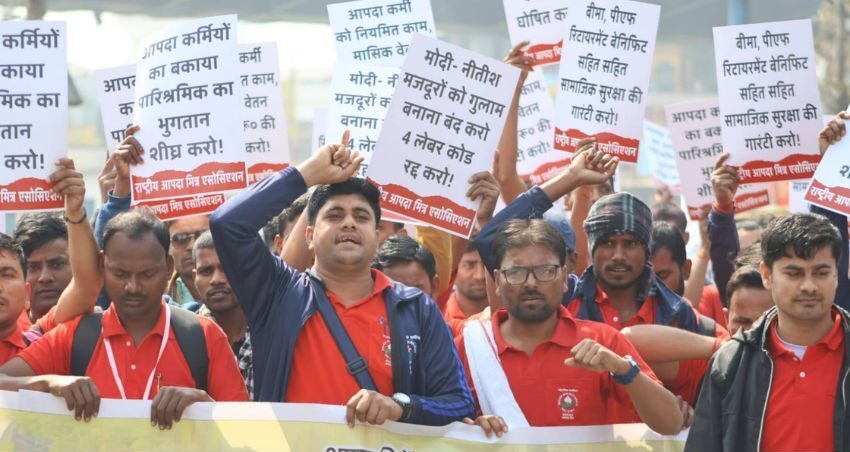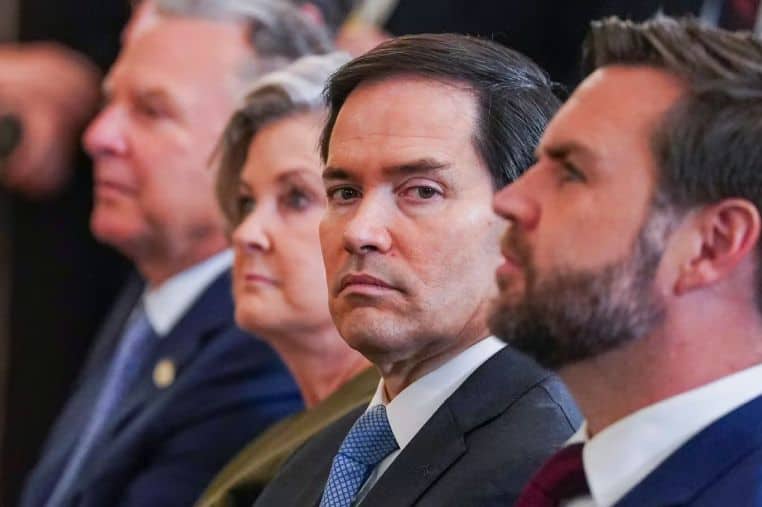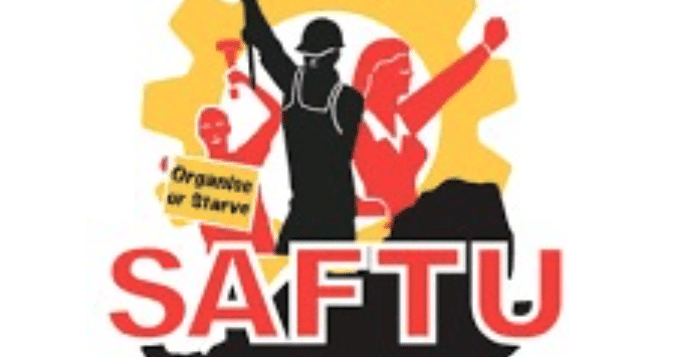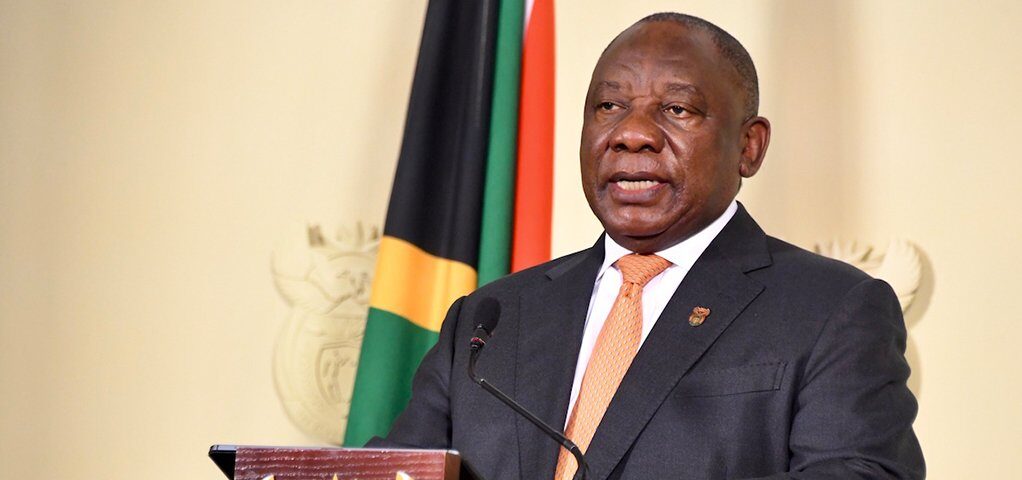The emergence of a new left-wing party in the UK, in response to Labour’s rightward shift, its complicity in Gaza and the broader failures of capitalism, mark a potential transformation of British politics
More than half a million people have signed up to the call by Jeremy Corbyn and Zarah Sultana for a new left party. This is unprecedented and we should understand that this new development will reshape British politics in the months and years ahead.
What is driving this? Such a huge political development does not arise out of thin air. There has certainly been a desperate need for it: there has been no adequate political representation for the working class for decades, and the sharply rightward trajectory of the Labour Party has been responsible for many of the harshest attacks on the working class. That has now put Labour beyond the bounds of credibility for millions of working class and progressive voters. This has been evident for some time, but the building of a new party had been held back by objective factors: the reluctance of the Labour-affiliated unions to question their historic links with the party; and the restraining factor of the electoral system which has historically prevented new parties emerging.
The former is now being challenged and the latter has now been broken by the extreme social and economic crises facing our people. These crises, brought about by decades of brutal anti-working class policies, including by the Labour Party, have created the conditions for a new party to emerge.
But the hammer blow to the Labour Party has been dealt by the mass movement that has arisen in response to the genocide-supporting policies of the Labour government since October 2023. The movement in support of Gaza and the Palestinian cause has been the catalyst which has broken down significant certainties in British politics. It enabled the election of independent MPs at the 2024 general election, on the basis of the demand of the No Ceasefire, No Vote movement – that no vote would be cast for candidates who had not supported a ceasefire in Gaza. Initially organised by the many former Labour councillors who resigned from the party, in protest and disgust at the leadership’s position, it gained significant support across society in the run-up to the general election. So the fault line in British politics, between the overwhelming majority of public opinion demanding an end to the genocide, and those that supported – through military, political and economic means – the enabling of that genocide, ran through the Labour Party.
For many people, it was Labour’s support for the genocide that finally ended the post-Corbyn period of ‘keeping your head down’ to try to stay in Labour. It also revealed that although Labour itself may be ‘post-Corbyn’, that is very far from the case in the wider movement – as has been clearly demonstrated by the response to the call for the new party.
By driving the most principled left MPs out of the Labour Party, together with councillors and activists who have resigned, and by doubling down on support for Israel, the Labour leadership has provided the impetus for the founding of the new party. Hundreds of thousands of young people have taken their first political steps, in their support for the Palestinian cause; many of those will want to widen their understanding of war, imperialism and injustice, and continue their engagement with active politics. We have already seen the political impact of this, with the popularity of the powerful and articulate voices of the next generation of political leaders, such as Reema Hassan in France, Zohran Mamdani in the United States, and Zarah Sultana and Leanne Mohamad here in Britain. There is no doubt that in the coming period millions of young people for whom this system offers no real future will be drawn into struggle against it. This new party can be their natural political home.
It will also be the home for the many hundreds of thousands who made the surge to Labour in 2015, in support of Jeremy Corbyn’s leadership bid. His campaign at that time acted as a significant pole of attraction to those open to supporting what were effectively radical left policies; support was drawn from many consciously seeking such policies, as well as from non-aligned individuals attracted to Jeremy Corbyn’s policies on a class, movement, or trade union basis. In effect, the anti-austerity and anti-capitalist sentiment that swept the radical left to power in parts of Europe at that time, found its expression in Britain, through support for Jeremy Corbyn’s leadership of the Labour Party. It did not prove possible to defeat the establishment both within and outside the Labour Party, but support for his principles and policy programme have retained considerable popularity. Many of those previously engaged will provide a strong grounding for the new party, which will be unconstrained by the conservatism of the Labour machine.
So a mass party of the left will build on these foundations, creating and enabling an effective political force that can play a decisive role in the struggles in defence of the working class, and all those who have suffered from the attacks of this Labour government – and the governments before. Labour’s core programme and legislative focus is implementing austerity, authoritarianism and anti-migrant policies. Much is a continuation of Tory policy, but there has been a marked and transparent escalation on all fronts; this coming from a Labour government in which many had invested modest hope of positive change, has led millions of people who have always backed Labour to withdraw their support for it. Some have already walked in the direction of Reform but many just ceased to vote. This new party of the left gives people a viable dynamic alternative, active and vocal in the interests of the people, clearly breaking with elites and the rigged system which exploits and impoverishes the majority. Many will vote for this new party of the left and we have to make it a successful option.
Republished from Side Car a New Left Review blog https://newleftreview.org/sidecar













